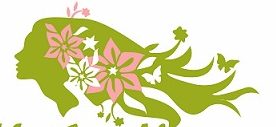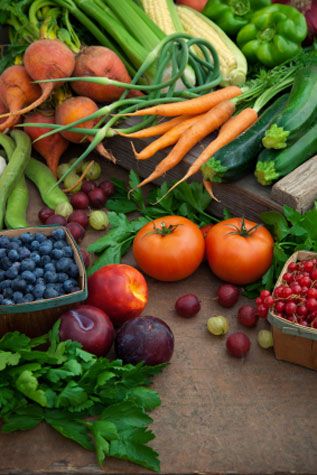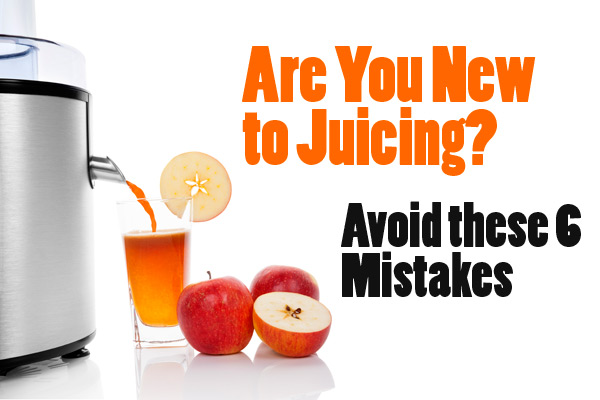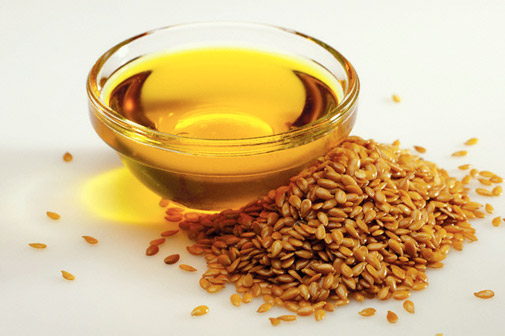
The question of whether people who eat a vegan diet need supplements is a complex one that often stops being just a question of nutrition, biology and chemistry. Depending on the people involved in the debate, this often becomes a question of whether the vegan diet is a natural one or whether it is the only one that is natural. The truth is that we need to stop thinking about this matter in this way as it may lead to controversy that will have very little to do with actual nutrition.
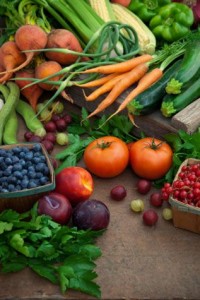
In reality, the vast majority of people today (vegan or not) should use supplements to add to their diet, mostly because of the fact that the food today is dramatically less nutrient-rich than it has been in the past and the reality is, unfortunately, that vegan people will experience this change in a more detrimental way. This is why we believe that most vegan individuals might benefit from certain supplements to their diet.
1. B12 Vitamin
The issue of B12 Vitamin supplementation is one of the most debated one in the vegan community, but it is a fact that this vitamin is usually not ingested in sufficient amounts in the vegan diet. There is talk about unwashed produce containing enough of the vitamin needed, but this is just not true. The fact is that for most vegan, supplementation of B12 Vitamin is needed, especially those over the age of 50. In fact, most medical authorities say that everyone over the age of 50 should start taking B12 supplements, vegan or not. It is important to take your B12 supplement regularly and in recommended doses.
2. Vitamin D
Humans get Vitamin D from various foods (many of which not suitable for vegan use) and from exposure to sunlight. This is why many vegans think that they do not need to take Vitamin D supplements because they can get enough from being exposed to the sun. The truth is that there are only a few places in the world where you can get enough sun during the course of the year without the need for supplementation. For those of us with limited access to that much sun, it is more than a good idea to start taking some high-quality, vegan-friendly Vitamin D supplements that support bone health, immune system and elevated mood.
3. Iodine
Omnivore people get the majority of their daily intake of iodine from dairy products, which is a side-effect of cow and equipment-cleaning products that are used on dairy farms. For vegans, the primary source of iodine is from sea vegetables. Unfortunately, this may not be enough as the content of iodine varies a lot in these products and there is often need for iodine supplementation. Another way to go is with added iodized salt.
4. Calcium and iron
Calcium and iron are nutrients that are often supplemented in the diet and not just in the vegan community. The truth is that there are a lot of foods that are calcium-fortified simply because most people do not get enough of this mineral in their diet, whether they are vegan or not. In premenopausal women, iron deficiency is also very common, once again, not specific to women on a vegan diet. This also means, however, that vegan people also should seriously consider taking calcium and iron supplements.
5. DHA
DHA stands for docosahexaenoic acid and it is an omega-3 fatty acid that can either be synthesized from alpha-linolenic acid or ingested directly via maternal milk and fish oil. This particular fatty acid has been studied extensively in the medical community and it has been shown that it does have certain beneficial effects on the body as well as the milk produced by mothers. Whether the supplementation is necessary and effective has not yet been undoubtedly proven so we will leave this to you. We will add, however, that many vegan people take DHA supplements to be on the safe side.
Nourish your body to a higher quality level. For more information about high quality supplements visit Nutrimi.
For the latest news and offers follow Nutrimi on Facebook.
